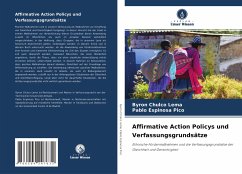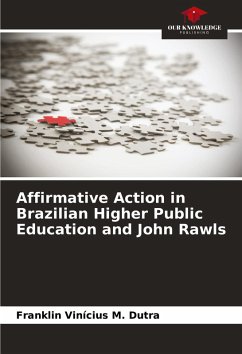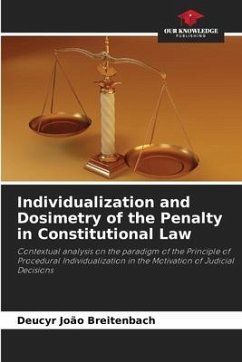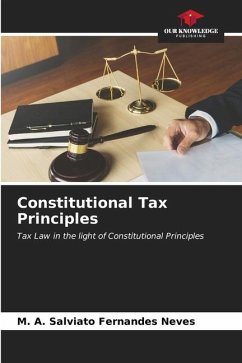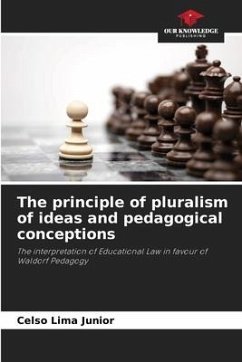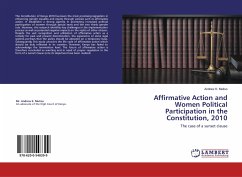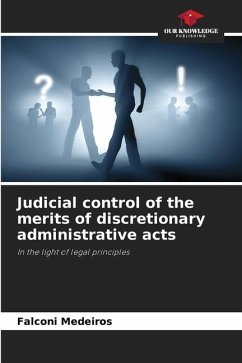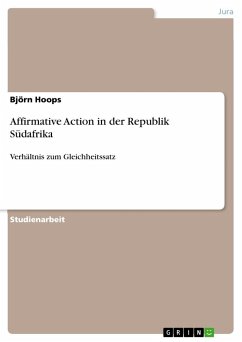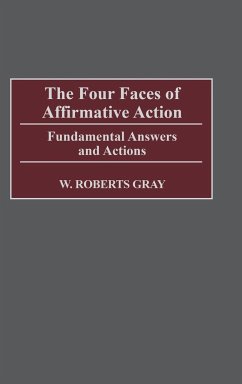
Affirmative action policies and constitutional principles
Ethnic Affirmative Action and the Constitutional Principles of Equality and Equity
Versandkostenfrei!
Versandfertig in 6-10 Tagen
47,99 €
inkl. MwSt.

PAYBACK Punkte
24 °P sammeln!
Affirmative action is defined in our Constitution as a policy aimed at creating equality and equity. In this regard, the State, in its actions to achieve these principles, has made it mandatory to apply them in both the public and private spheres, hoping for the inclusion of groups considered historically discriminated against in our country. In this sense, this book seeks to determine if the application of affirmative actions allows formal and material equality as an objective of the State. Likewise, it seeks to verify to what extent people belonging to a minority group are underestimated, by...
Affirmative action is defined in our Constitution as a policy aimed at creating equality and equity. In this regard, the State, in its actions to achieve these principles, has made it mandatory to apply them in both the public and private spheres, hoping for the inclusion of groups considered historically discriminated against in our country. In this sense, this book seeks to determine if the application of affirmative actions allows formal and material equality as an objective of the State. Likewise, it seeks to verify to what extent people belonging to a minority group are underestimated, by exposing the thesis that they will not be able to achieve something without state aid. Within this framework, it is observed that affirmative actions seek to create equality based on differentiation. The application of ethnic affirmative actions applied both in the labor and educational spheres in our country generates situations of equity and equality only at the starting points, but they do not ensure situations of permanence, which would not really guarantee the constitutional principles.



